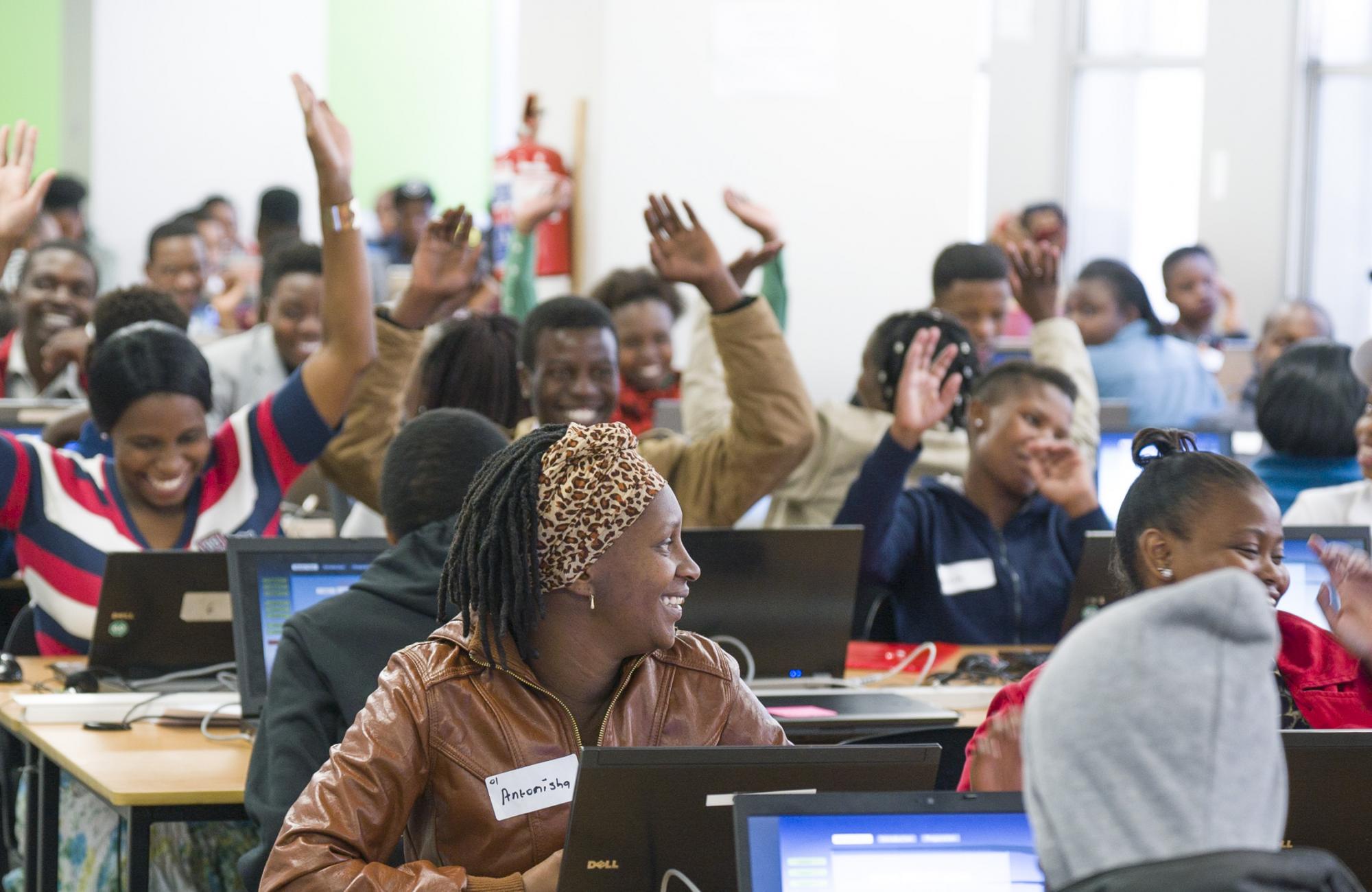Addressing information frictions by improving skills communication between work-seekers and potential employers can increase earnings and positive employment outcomes. Carranza, Garlick, Orkin and Rankin (2020) discuss how a skills assessment intervention has had positive outcomes for young work-seekers in South Africa.
Carranza, Garlick, Orkin and Rankin (2020) discuss their latest paper, showing that assessing young work-seekers’ skills can increase earnings and employment and help prospective employers too. With 67.6 million people aged 15-24 unemployed in 2019, the potential of this intervention to mitigate labour market frictions is exciting.
The implementation guide (toolkit) to support the implementation of a cost-effective labour market intervention developed by Carranza, Garlick, Orkin and Rankin (2020) is now available to download from the MBRG website. The intervention outlines a skills assessment programme that benefits both work-seekers and prospective employers by addressing information frictions between the two parties. We are grateful for the positive feedback from the World Bank's David McKenzie over on the Development Impact blog.
In the Oxford Science blog, Dr. Stefan Dercon writes about no-regret policies for education in the wake of the COVID-19 pandemic.
In partnership with the Psychiatry Department at Oxford University, CECD Blackpool has made a film full of tips for parents on how to talk to young children about the Coronavirus.
Dr Louise Dalton, Dr Elizabeth Rapa and Prof Alan Stein look at how guidance around communicating diagnosis of a life threatening condition to children can be adapted to the current COVID-19 situation.
